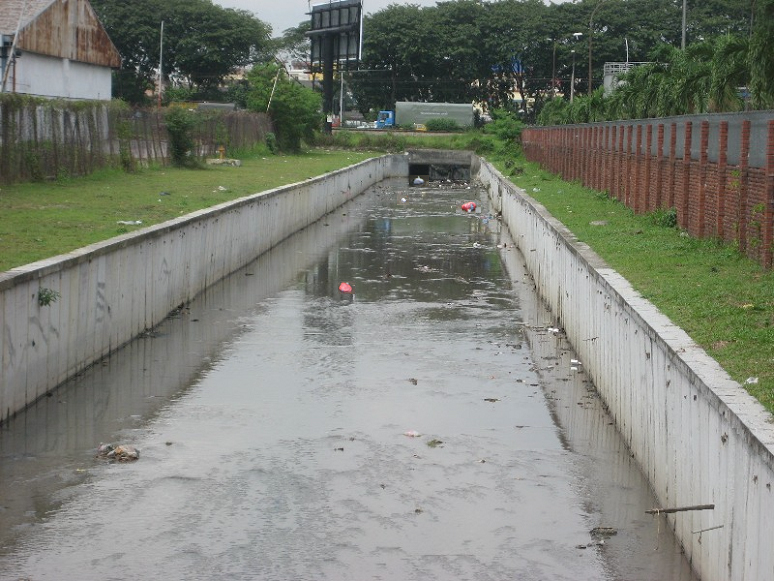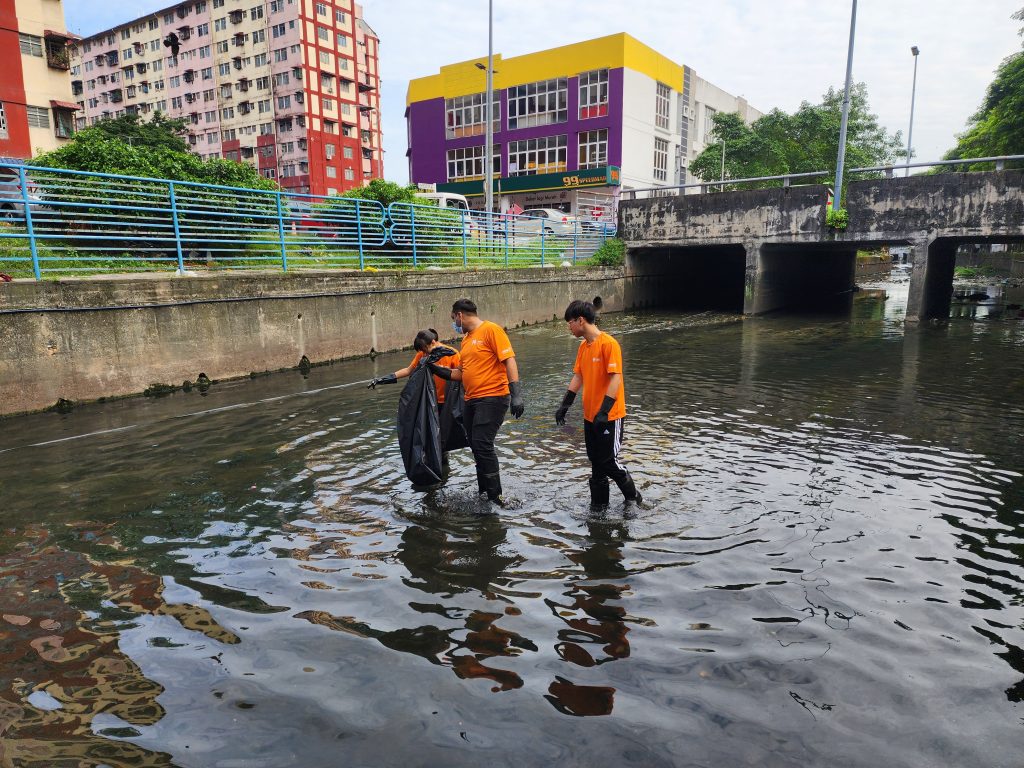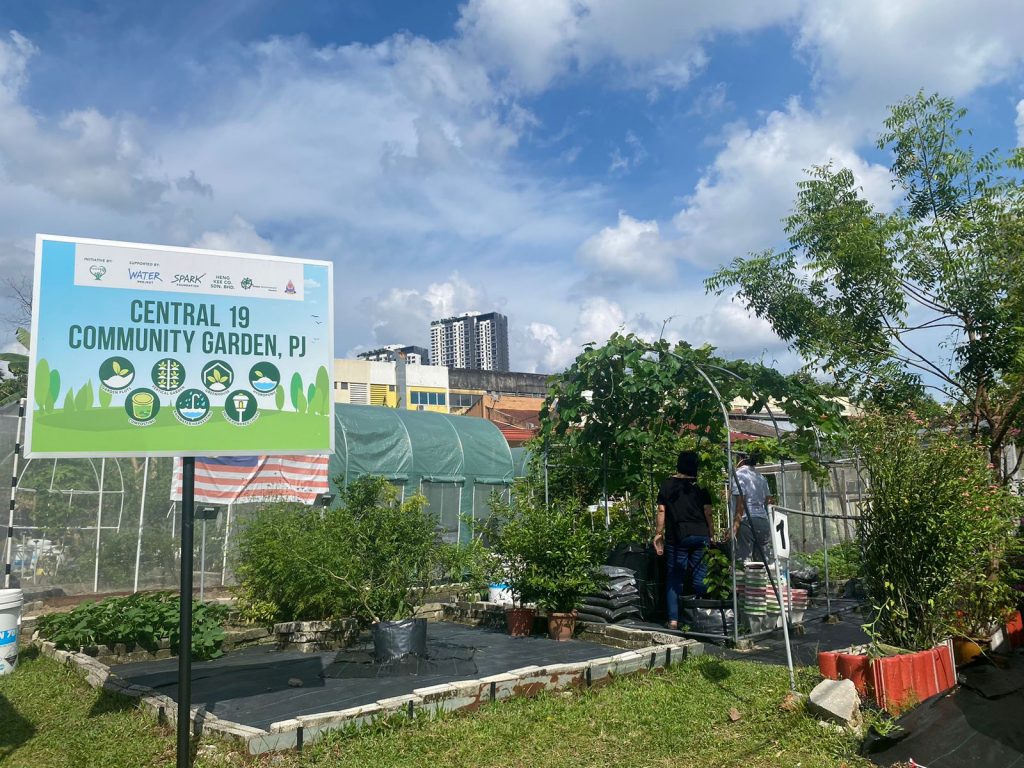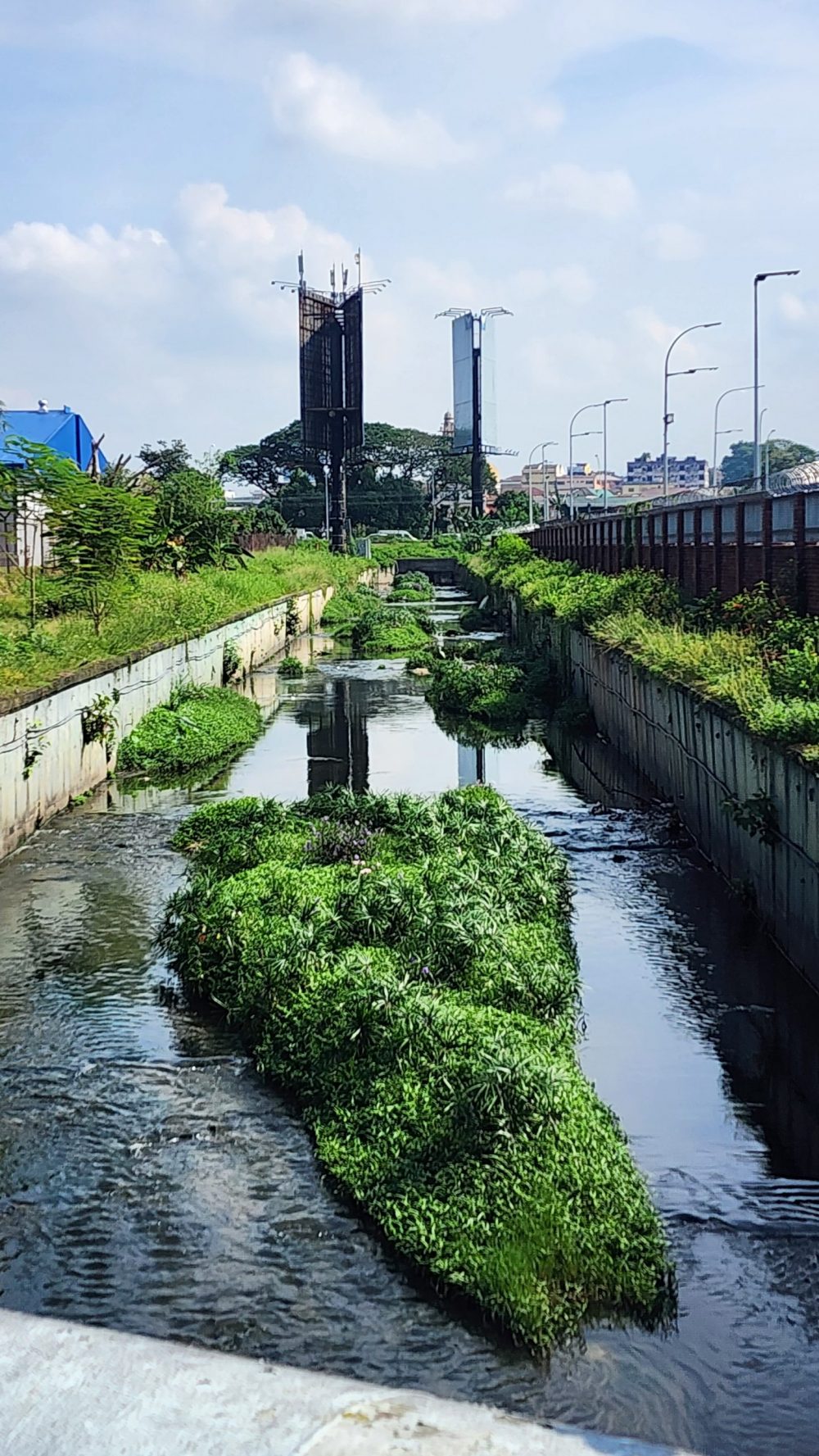Brewing Change to Support Malaysia’s Water Security
By Renuka Indrarajah, Corporate Affairs & Legal Director of HEINEKEN Malaysia & Dr Kalithasan Kailasam, River Care Programme Manager of Global Environment Centre
Water is essential to life and economic prosperity, and access to it is a fundamental human right. Yet because water seems limitless, its value is often taken for granted.
According to the National Water Services Commission, residents in Peninsular Malaysia and Labuan use an average of 237 litres per person per day—well above the World Health Organization’s recommended 165 litres. Meanwhile, the National Water Resource Study also projects that national water demand will increase by double by 2050.

With 97% of our water supply sourced from rivers, the quality of these waterways is critical. However, the Department of Environment’s (DOE) Environmental Quality Report 2023 found that of the 672 rivers monitored, 28% were slightly polluted or polluted. On a positive note, the number of polluted rivers has decreased—from 29 in 2022 to 25 in 2023.
Malaysia’s overall water footprint adds another layer to this challenge. A study on the Effective Implementation of Integrated Water Resources Management (IWRM) in Malaysia reveals that the country uses 2,103m³ of water per capita annually—far above the global average of 1,385m³. Over a quarter of this is consumed by industry and households, placing industries in a key position of both responsibility and opportunity to drive more sustainable water practices.
For responsible businesses, how can industries leverage their position to drive more sustainable water usage?
Pollution Management and Sustainable Water Usage
In recent years, pollution has had a direct impact on Malaysia’s water supply, causing major disruptions. In September 2020, for instance, pollution in the Sungai Gong industrial area triggered one of the largest water supply interruptions in the Klang Valley, affecting approximately 1.2 million consumer accounts. The incident forced the closure of four treatment plants, affecting business operations resulting in financial losses and leaving consumers without water for nearly six days.
As industries continue to grow and evolve, so too must their accountability—not only in preventing pollution but in using water more efficiently. This responsibility should be reflected in both regulatory compliance and proactive engagement with stakeholders to safeguard shared water resources.
At HEINEKEN Malaysia, our approach is guided by our global sustainability strategy, Brew a Better World (BaBW) 2030. We have embedded holistic sustainability practices across our entire value chain, from Barley to Bar—making sustainability not just a goal but a way of operating.
We have upgraded our wastewater treatment plant to ensure 100% compliance with DOE standards. In line with the Selangor Water Management Authority’s (LUAS) Zero Discharge Policy, we have also started recycling water from our carbon filter regeneration process for general cleaning and gardening. To track our progress, we have installed flow meters that will help us measure how much water we’re reusing and recycling. Additionally, biogas generated from the wastewater treatment plant contributes 5% of our thermal energy needs.
But preventing pollution goes beyond infrastructure—it requires continuous monitoring, regular maintenance and a strong water conservation culture. Industries must implement robust water management systems, manage effluents responsibly and pursue water-saving initiatives. More than an environmental concern, this is a business imperative—because protecting waterways ensures operational continuity, safeguards community water access, and upholds brand reputation and stakeholder trust.
Since 2014, we have improved our water efficiency by 29%. This progress has been made possible through technological upgrades, water reuse practices, and ongoing employee awareness campaigns. As of 2024, our water use stands at 3.06 hectolitres per hectolitre of product, and we are targeting a further 15% reduction to reach 2.6 hectolitres by 2030.
Enhancing Partnerships and Community Involvement
Water sustainability cannot be achieved in isolation. Building strong multi-stakeholder partnerships with governments, NGOs, and communities is crucial for scaling impact.
Since 2007, through SPARK Foundation—HEINEKEN Malaysia’s CSR arm—we have partnered with the Global Environment Centre (GEC) under an effective public-private partnership model. Supported by various government agencies, including the Department of Irrigation and Drainage and the DOE, this collaboration has empowered 22 local communities. These communities now serve as RIVER Rangers, helping to build the capabilities of others living harmoniously within river basins.
Community engagement is critical to long-term sustainability. Industries must take responsibility not only for maintaining the water quality of nearby rivers but also for protecting surrounding ecosystems and supporting the well-being of local communities. At HEINEKEN Malaysia, we do this through practical, nature-based solutions that encourage communities to be part of—and take the lead in—these efforts.
One such example is the rehabilitation of Sungai Way River—a typical urban river that was once severely polluted. We began restoration efforts in 2012, and since then, the river’s water quality improved from Class IV–V (extremely polluted, not suitable for living organisms) to Class III (suitable for living organisms). Thanks to collective effort, aquatic life has returned, biodiversity has improved, and the local community has been empowered to maintain and protect the ecosystem.

Reforestation of degraded peatlands is another effective measure. We have reforested three hectares of peatland, significantly improving soil water retention and biodiversity while actively involving employees and local community members. Complementing these efforts, we have installed 33 rainwater harvesting systems across Malaysia—benefiting 12 community farming projects that help supplement income and address food security.

Embracing Guided Self-Regulation
Introduced by the DOE, Guided Self-Regulation (GSR) encourages companies to take proactive ownership of their environmental impact. Through seven Environmental Mainstreaming (EM) tools—ranging from policy development and budgeting to transparent reporting—businesses are guided towards embedding sustainability into their DNA.
The idea is simple yet powerful: go beyond ticking boxes. This not only enhances accountability and resilience but also positions businesses as the drive in Malaysia’s environmental transition.
At HEINEKEN Malaysia, we take this a step further by supporting the wider ecosystem. We prioritise watershed health in line with the UN Global Compact’s Water Resilience Coalition and the outcomes of the recent UN Water Conference.
Since 2020, we have fully balanced the water used in our products through external water stewardship efforts. For every litre we use, we replenish 1.5 litres into local watersheds. This is achieved through our flagship Working Actively Through Education and Rehabilitation (W.A.T.E.R) Project, spearheaded by the SPARK Foundation in partnership with GEC, local authorities, and community groups. These partnerships underscore the critical role of public-private collaboration in scaling solutions that last—proving that shared responsibility leads to shared success.

In 2024 alone, our water balancing efforts reached 209% of our target—tangible, measurable progress that is independently verified by LimnoTech, a leading US-based water sciences and engineering firm.
A Call for Collective Action
The growing water challenge demands more than awareness—it calls for collective action from all of us. From investing in improved treatment systems to supporting watershed health and engaging with communities, industries have a key role to play in advancing water sustainability.
This World Water Day, let’s commit—not just to better water practices but to tangible action. Together, we want to work towards healthy watersheds and nature and protect Malaysia’s water future.
This article combines strategic and practical perspectives on water sustainability. Dr Kali from the Global Environment Centre (GEC) provides sustainability insights, while Renuka from HEINEKEN Malaysia shares practical examples of how these initiatives are carried out across operations and communities.

